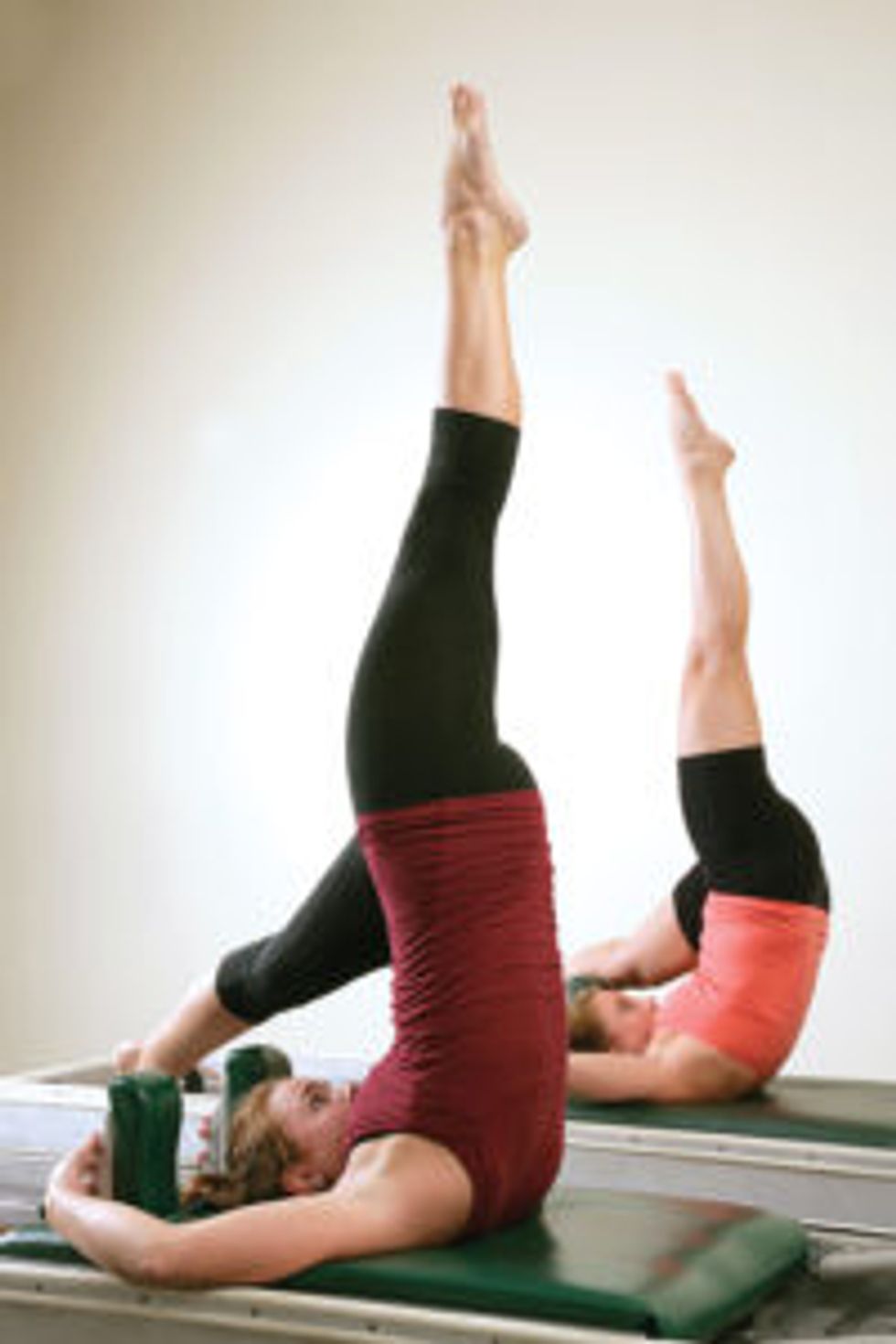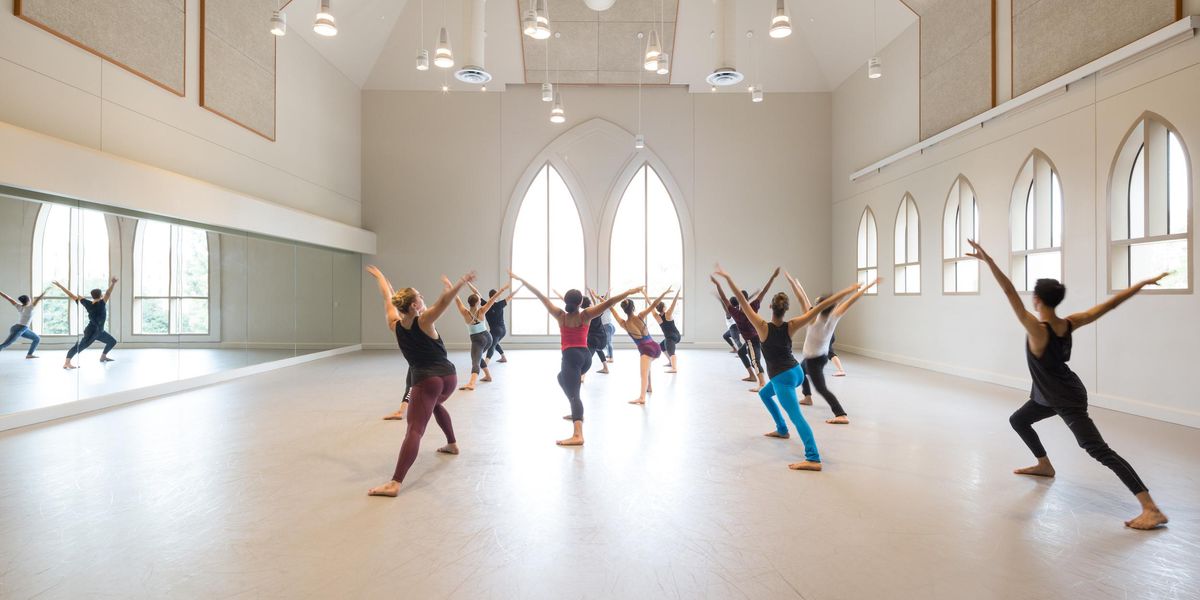Beyond Anatomy
Whether or not you’re interested in a dance science career, learning more about the way your body functions can be invaluable. Maybe that’s why more and more colleges are offering science opportunities—not treating them as just a pathway to a post-performance job, but as an essential component of a well-rounded dance education. “We’re finally getting to a place where the field is ready to absorb what we can offer,” says Tom Welsh, associate professor at Florida State University, whose program aims to integrate the dance sciences into the dance world. From kinesiology to somatics, anatomy to physical therapy, studying dance science opens countless doors.
For Dancers, By Dancers
For the past 25 years, Tom Welsh has been shaping the Florida State University curriculum based on the idea that research surrounding dancers should be done by dancers. His goal? “That dance science is what all dancers do rather than what specialists do.” The product is a mutually beneficial program where MFA students learn to train dancers by working with undergraduates, who develop the skills to manage their own bodies in the process. Opportunities include:
• Courses in kinesiology, as well as conditioning, Pilates reformer and Gyrotonic. Invited students can act as coaches in some of these classes the next time they are taught.
• Graduate students staff a dance conditioning studio with three reformers, two Gyrotonic towers, a cadillac, a barre, a suspended floor and several pieces of aerobic equipment.
• A research course where students design a project in the fall and then run it in the spring. Many projects have gone on to be published in academic journals.
• Graduate students observe regular dancer consultations with a staff physical therapist and learn to assist with injury screenings and exercise program development. Undergraduates can also pursue internships in the physical therapy office.
More Than a Backup Plan

Goucher students at the Pilates Center. PC Lyle Hawthorne, Courtesy Ahearn.
Studying the dance sciences can certainly prepare students for an alternate career should they choose not to dance professionally. But it can also do much more. Nicole Ivan graduated from Elon University this year with a BFA in dance performance and choreography, a BS in dance science and a BS in exercise science, and is now dancing professionally for Bodiography Contemporary Ballet in Pittsburgh. “I feel like I have fewer injuries than the people around me,” Ivan says. Many of Welsh’s former students at FSU financially supplement their dancing by working at Pilates studios, acting as personal trainers and teaching. “It’s a way to stay in the dance world forever,” says Ivan, who hopes to someday be a company doctor.
Science for Dancers, Dance for Scientists
At Goucher College in Baltimore, Maryland, students can approach dance science through two distinct lenses. Both dance majors and biological sciences majors can concentrate in dance science, and the two departments work together to craft a curriculum that suits the students’ goals. According to professor Elizabeth Ahearn, founding director of the Pilates Center at Goucher, biology students who concentrate in dance science tend to be interested in pursuing medical school, occupational therapy and physical therapy. Dance students who concentrate in dance science tend to pursue dance education, exercise science and somatics. Students in both majors are required to take dance technique classes, and are able to pursue opportunities like training at the Pilates Center on campus.
Find Your Scientific Match
Six schools where you can study dance science in depth.
Elon University
BFA in dance performance and choreography, BS in dance science, BS in exercise science
Goucher College
BA in dance with concentration in dance science, BS in biological sciences with concentration in dance science
Florida State University
BFA in dance, MFA in dance
University of Wyoming
BFA in dance performance, BFA in dance science
Texas A&M University
BS in kinesiology dance science, minor in dance, concentration in dance, MS in kinesiology with an emphasis in sports pedagogy, PhD in sports pedagogy
Drexel University
MA in dance/movement therapy and counseling




